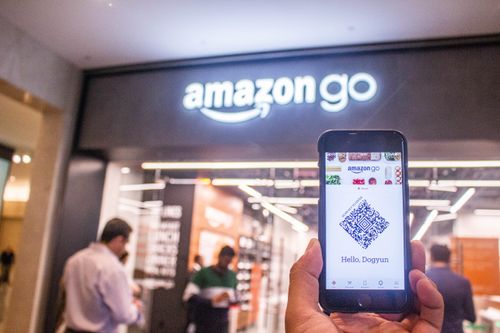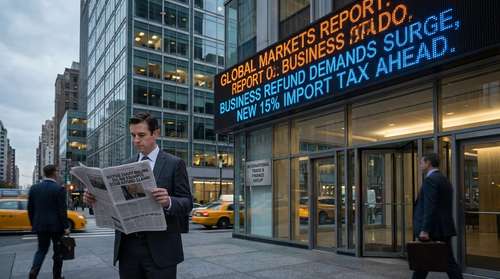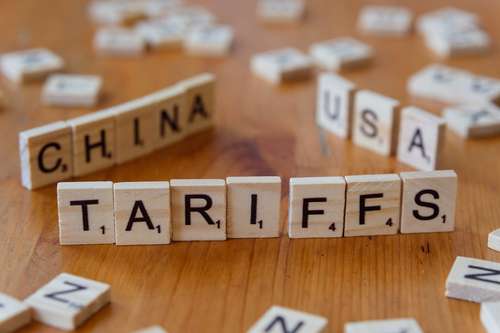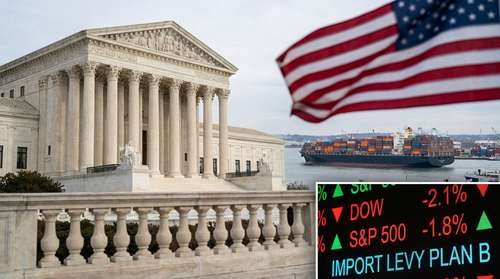Some vendors on Amazon got suspended for selling stolen items from Breville, Levoit, Keurig, and SharkNinja. However, the vendors contend that they knew the stolen goods they were selling.
Amazon's marketplace sells up to 60 percent of all its goods on the site, attracting spammers and counterfeiters owing to its popularity. It has a dominant force in e-commerce and is often the primary or sole source of income for many third-party sellers.
The rapid growth of the marketplace over the past decade has caused a parallel boom in counterfeiters and spammers trying to take advantage of the system. The recent crackdown on stolen goods dealers has pushed the e-commerce site to ramp up enforcement.
So far, Amazon has provided evidence to back its affirmation that the vendors committed "illegal and strictly prohibited" acts here by leaving retailers to investigate their suppliers and goods to clear their identities.
There are several other reasons why sellers might be banned. Getting beyond being identified as a seller of stolen goods can be complicated. Sellers insist that Amazon give them more opportunities to dispute their cases or get a second chance.
Six recently suspended vendors gave information to the media during interviews concerning their suppliers. A comprehensive network of wholesale and liquidation businesses that often overlapped and promoted comparable items from different brands was discovered by investigating emails and invoices.
Responding to a query, Amazon says it is working with law enforcement and will not comment on issues that are the subject of ongoing investigations. The giant tech e-commerce business emphasized its collaboration with law enforcement, merchants, and brands to hold wrongdoers responsible while renewing its commitment to preventing the listing of stolen goods on Amazon.

Stolen Good, A Rising Concern On All ECommerce Shopping Platforms
The issue of stolen and fake merchandise is not limited to Amazon. Each year, it is estimated that illegal enterprises sell more than $500 billion worth of counterfeit or stolen goods worldwide through online marketplaces. Retail giants such as Target and Walmart have also expressed concerns about theft occurring at their stores, as reported by Business Insider.
Online shoppers fall prey to these unlawful operations. The products are often marketed at steep discounts since they are inadvertently acquired stolen goods, giving buyers the impression that they are authentic and alluring.
Insiders had contacted Amazon, Craigslist, eBay, and Meta for comments. Still, the representatives from both Amazon and eBay said the platforms do not allow sellers to list stolen goods and that they work with law enforcement to identify this activity.
Jason Brewer, the Buy Safe America Coalition spokesperson, told Insider, "This is a professional criminal."
"They're not looking to steal food for dinner or breakfast or something they need because they can't afford it. Rather, they are stealing specific items that they know they can resell online."




